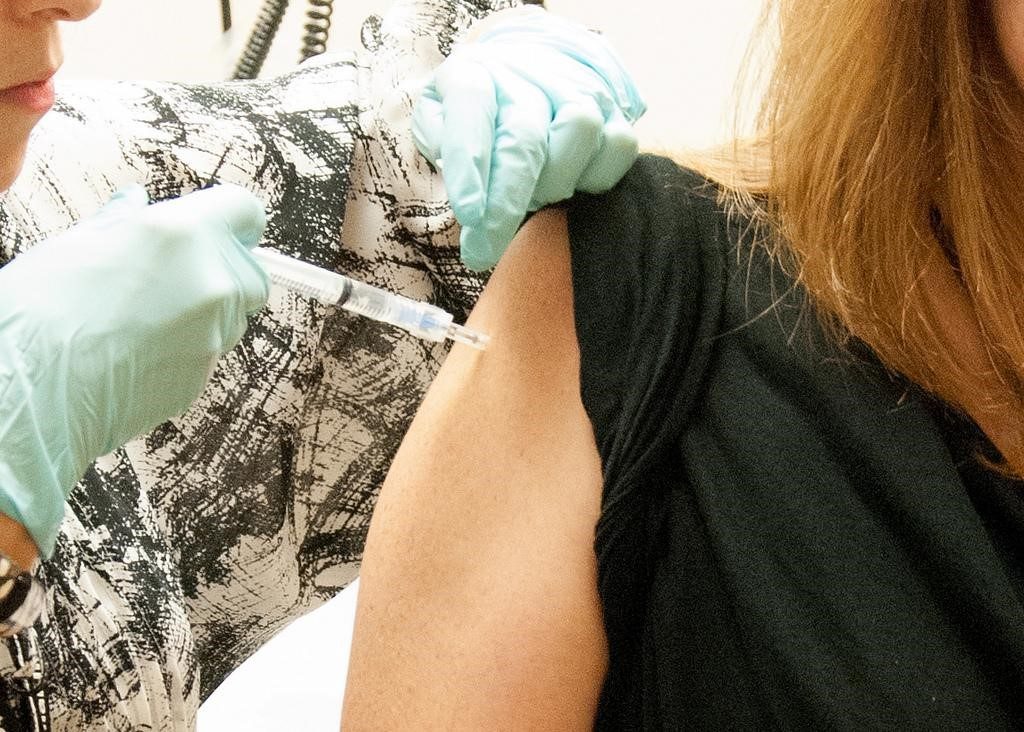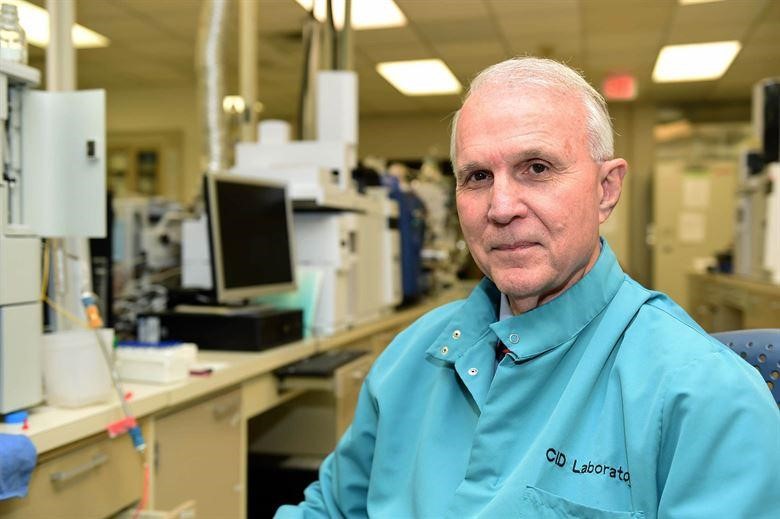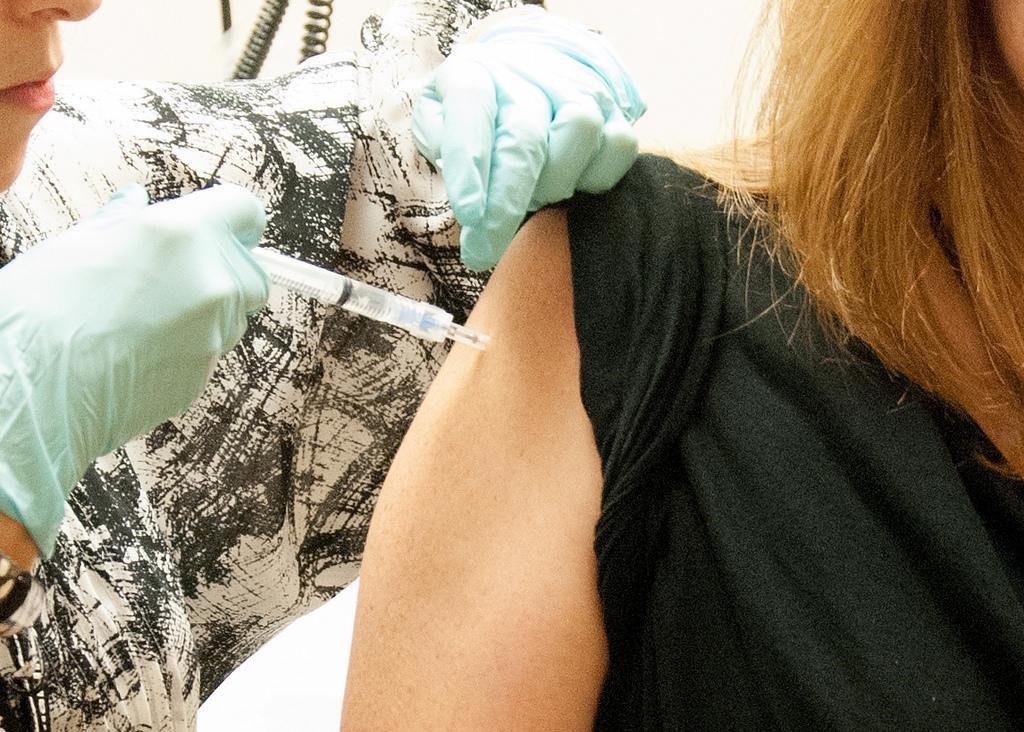
How ethical are clinical trials
Clinical trials are frequently necessary to test new drugs and treatments before they are released to the market. While clinical trials can mean patients receive cutting-edge treatment they would not get otherwise and can generate valuable research, some people worry about the ethics of this kind of study.

Image Credit
Valuable data
Faced with a patient who is about to die, a physician may take a chance on a relatively new treatment that has not been exhaustively tested. A life may be saved, but a treatment working in this instance probably does not provide the in-depth portrait of how a treatment works in a variety of circumstances that would be needed for it to be released to the general market.
In this case, seeing that there are obvious benefits with this treatment, clinical trials would be recommended. For this kind of research to proceed to trial, however, it must satisfy a number of ethical and scientific criteria. A harmful trial is obviously unethical, as are redundant or wasteful trials that only clarify what is already known. The results of these positive, well-led trials have resulted in some illnesses and diseases being treated effectively. HIV for example has been through a number of different testing stages and new treatments are continually being developed along with treatment options for other sexual transmitted infections as well. It is important, as with many illnesses, that diagnosis occurs relatively quickly and with options for home kits such as those from STI Testing London company www.checkurself.org.uk/plus/home_sti_kits/ the tests and results can be conducted relatively quickly and in the comfort of an individuals home.

Minimising risk
To be completely ethical, a trial must pose a clearly defined question, it must put forward a hypothesis to be tested, and this hypothesis must require new research to be fully evaluated. When a trial satisfies all of these conditions, it is considered to be highly ethical. While a country like the UK has a robust framework in place to ensure trials are ethical, this is not always the case in developing countries, according to a report in The Guardian.
Being part of paid clinical trials can be a great way of making some extra money. However, it is up to you to be thoroughly informed about the research you are participating in and what is required of you.
Clinical trials play a vital role in the development of life-saving medicine and treatments for conditions such as cancer. While caution and stringent criteria are always advised, this kind of research is incredibly valuable. Without the development and testing of new medicines, many patients will not receive the treatment they need and their quality and quantity of life will be compromised.
